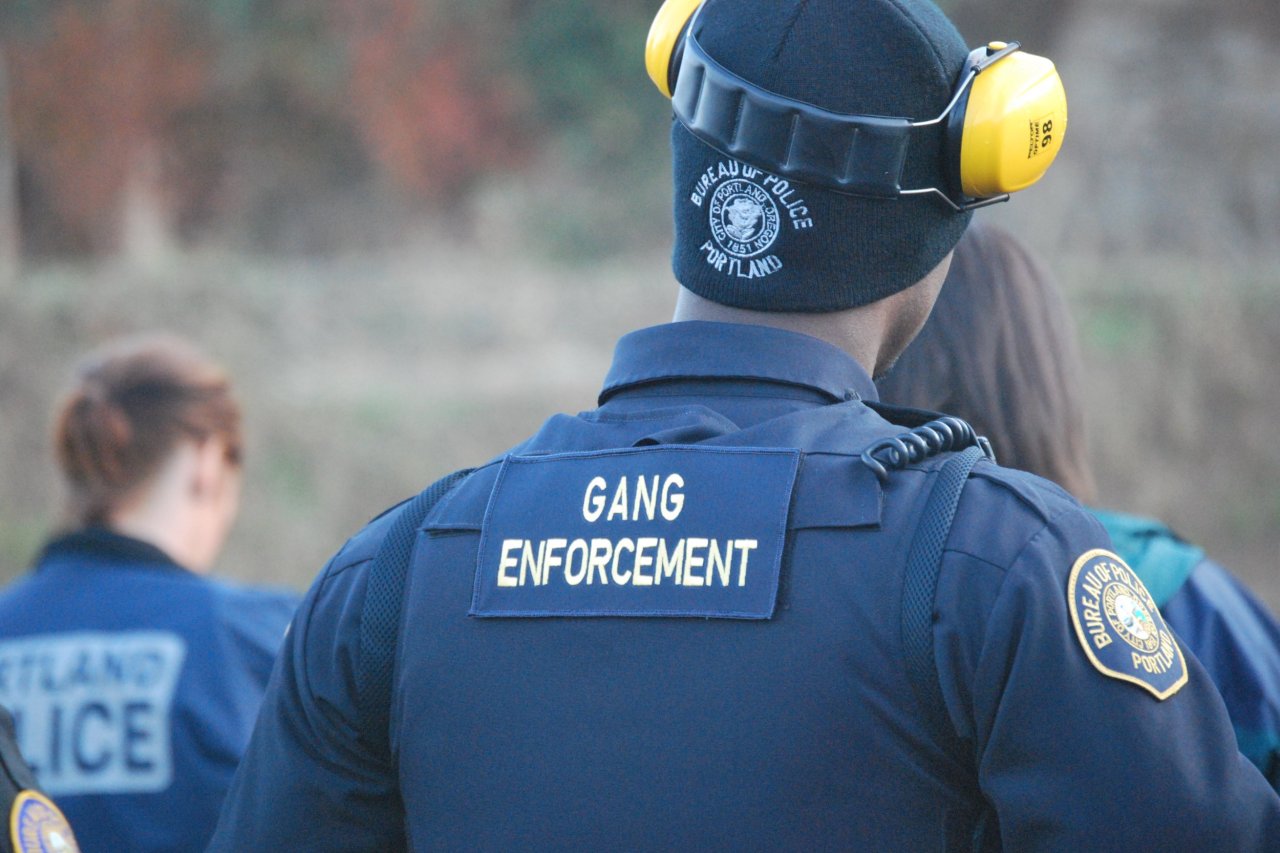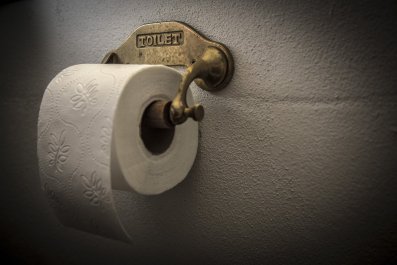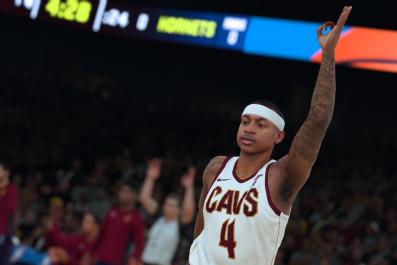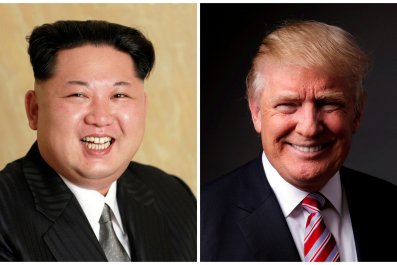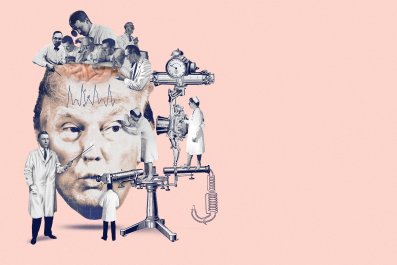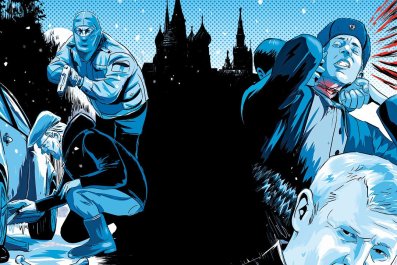He was busted for his flannel coat—and not by the fashion police. The authorities stopped him on his way home from work and thought he was in a gang. Or so the man realized after police in Portland, Oregon, sent him a letter saying they'd added him to a list of known gang members.
"I did tell the cops that I use[d] to bang," the man wrote in a 2015 appeal letter obtained by Newsweek (his name was redacted from it). "But I am no longer active and…[am trying] to get my life straighten[ed] out and take care of my two kids…. I should not have to stop wear[ing] my coat (that keeps me warm) for people not to discriminate against me or my race."
He isn't the only one complaining. For roughly three decades, police departments have used databases to keep track of suspected gang members, often sharing their lists with Immigration and Customs Enforcement agents, who target those on the list for deportation. Police officials say the databases help detectives quickly determine which witnesses or suspects they should focus on after a violent crime, identify rival gangs that might be responsible and build larger cases—whether it's gunrunning or human trafficking—by making connections between street-level crooks and kingpins.
But critics say the lists are overly broad and lead to racial profiling. They not only include people who aren't in gangs; they also make it hard for former gang members to get a job or find a place to live. Last year, a report from the California state auditor found the state's database was improperly used for job screenings and potentially violated privacy rights. It was also inaccurate. Among other blunders, it included 42 people who were babies when the authorities labeled them as gang members.
On September 8, the Portland Police Bureau became what appears to be the first department to announce it would stop compiling or using its gang database. The move, says police Captain Mike Krantz, a former member of the bureau's gang task force, was a way to rebuild trust with city residents, especially blacks and Latinos, who are disproportionately represented on the list. (Portland was 76 percent white in the latest census; last year, The Oregonian discovered that 77 percent of the 359 people in the city's gang database were black or Latino.) And rebuilding that trust is important because it's crucial to reducing crime, according to recent studies and Department of Justice reports.
The gang database is also no longer necessary, Krantz and other observers tell Newsweek. In recent decades, advances in crime lab technology have allowed authorities to quickly analyze ballistic evidence from shootings and identify the people involved—without using the controversial list. Jeffrey Wennar, a former gang prosecutor in Maryland and now the legal counsel for the National Alliance of Gang Investigators Association, says keeping lists of suspected gang members can lead to lazy investigations. "Go back to the movie Casablanca, where he says, 'Round up the usual suspects,'" he says. "That's too broad an approach."
And other departments will be watching closely as Portland's plan goes into effect October 15. Some of them maintain that gang databases still help detectives make connections between shooters and victims, for example, and should be used so long as the authorities protect civil liberties. "The correlation of gang violence and gun violence is very high," Meena Harris, director of the National Gang Center, which is funded by the Department of Justice, wrote in an email.
A Chicago Police Department detective put his thoughts on Portland's move more bluntly. "What a joke," he texted Newsweek, asking for anonymity because he wasn't authorized to speak to the press.
One drawback, Wennar and Krantz acknowledge, is the loss of gang statistics, which can alert police to when groups grow or start committing new crimes. "We understand it's going to hurt us a little," Krantz says.
But both say the risks posed by Portland's decision are worth the potential rewards. Because gangs don't have clearly defined membership, people who live in a neighborhood with a lot of gang activity, or have family or friends in a gang, can end up on the list, says Peter Bibring, an attorney for the American Civil Liberties Union of Southern California. Which is why Krantz believes his city's new policy will encourage residents to work with the authorities and help them stop gangs like the Bloods, Crips and Hoovers.
As for the man in the flannel coat whom the police stopped in 2015, it seems he already has stood up—at least for himself. Later that year, he won his appeal, and the police removed him from their database.



